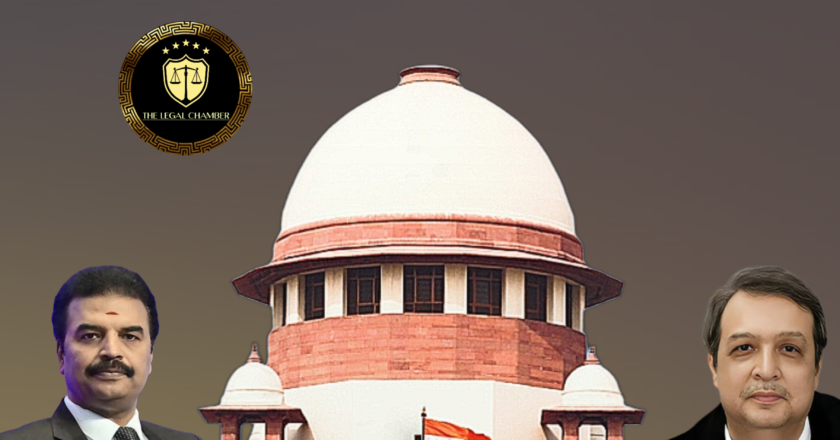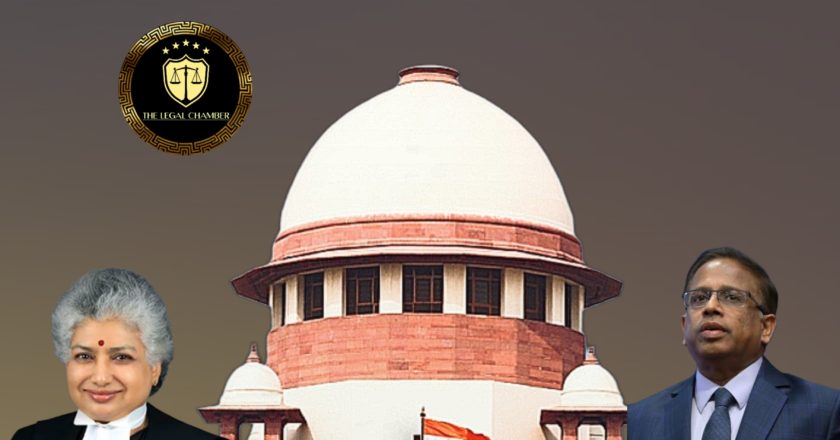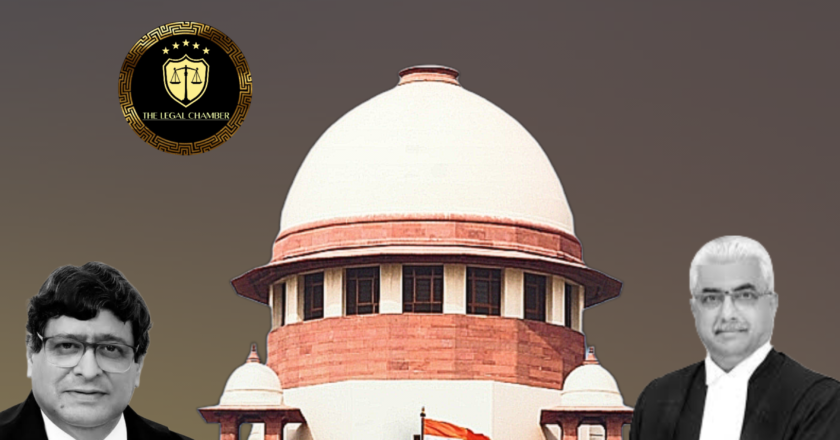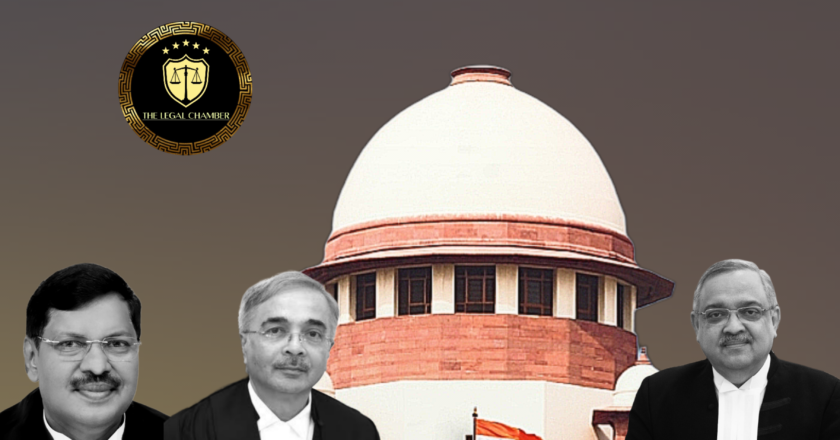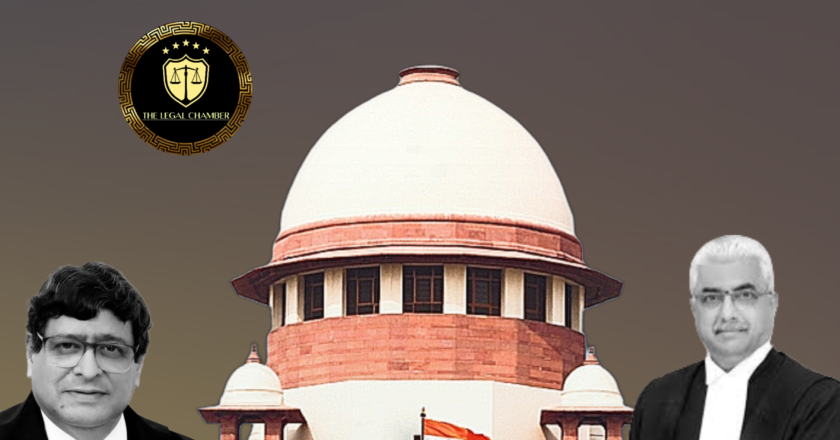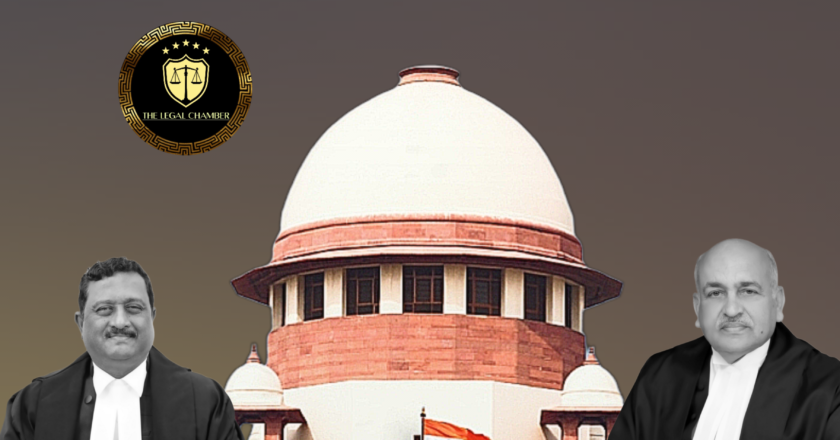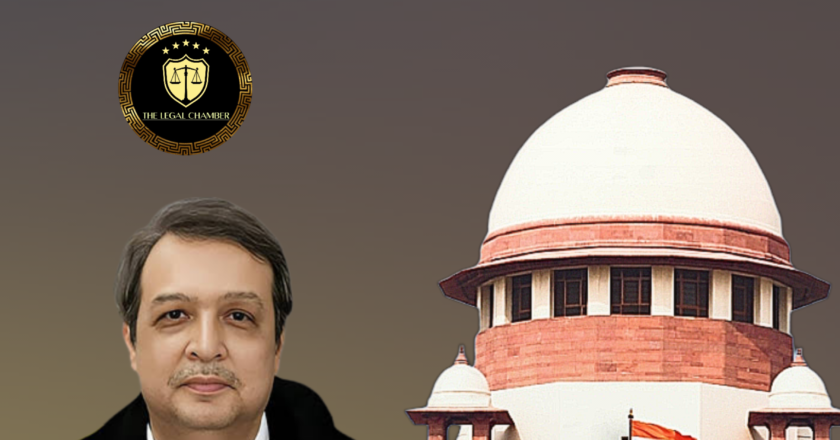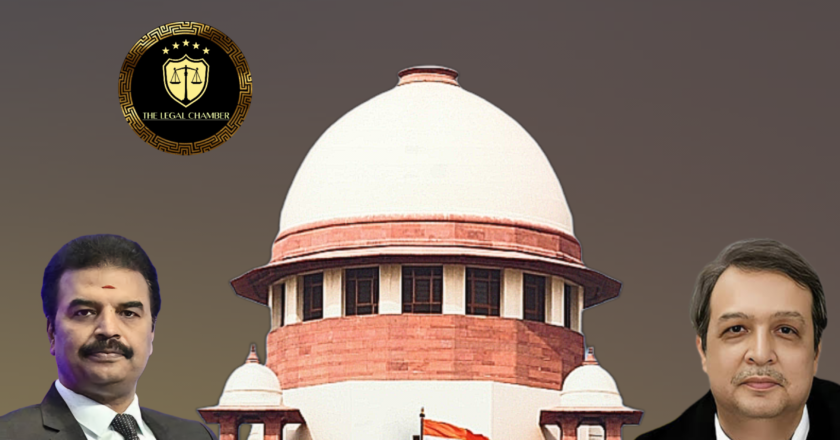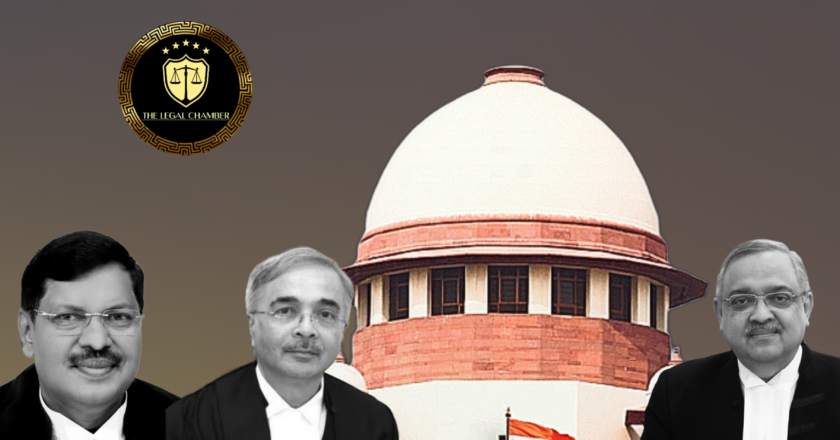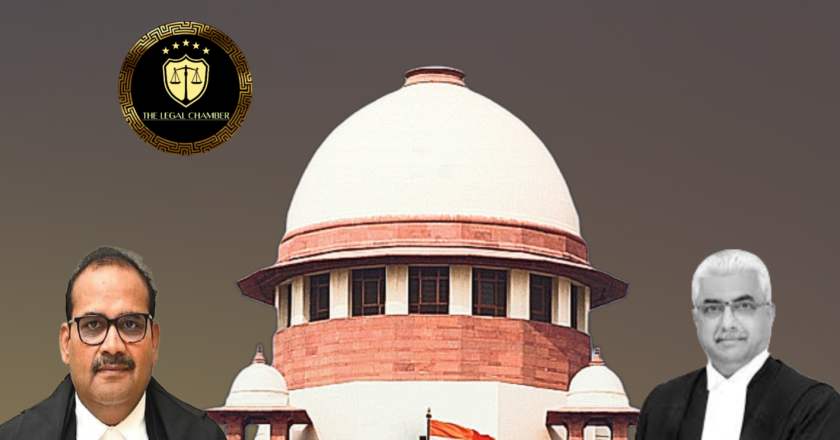Supreme Court Rules: You Can’t Claim Adverse Possession for the First Time on Appeal
The Supreme Court reaffirmed that a plea of title by adverse possession cannot be raised for the first time at the appellate stage if it was not specifically pleaded in the plaint, framed as an issue, and proven during trial. Such a surprise claim prejudices the opposite party and is impermissible as a decision must be based on the case pleaded.
Facts Of The Case:
The case originated from a title suit filed in 1999 by the plaintiffs (Kishundeo Rout & Ors.) against the defendants (Govind Rao & Ors.). The plaintiffs sought a declaration that a 1997 sale deed executed by the original plaintiff, Sudama Devi, in favour of the defendants was bogus, inoperative, and fit for cancellation. They also prayed for confirmation of their possession and a permanent injunction again...
